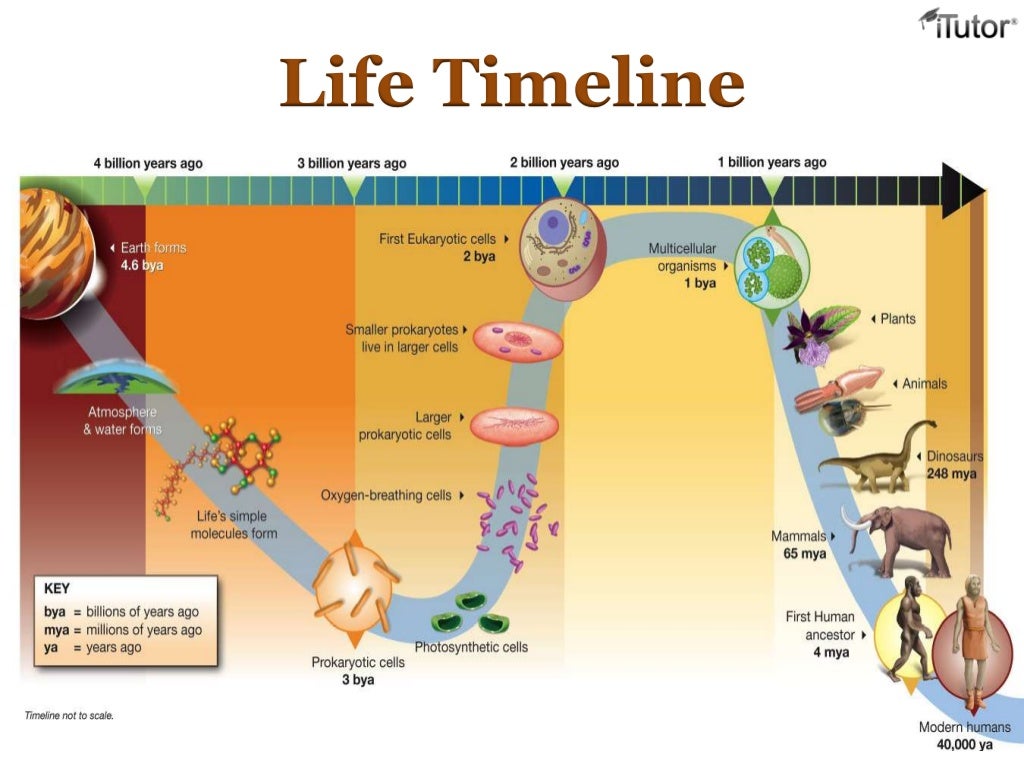The Evolution of Scientific Progress in an Era of Specialization
Modern science has become increasingly specialized and collaborative over time. As scientists delve deeper into their individual fields of study, breakthrough discoveries require greater effort and complexity. While specialization drives progress, it also makes it more difficult for individuals to achieve widespread renown on the scale of historic luminaries. This essay will discuss how the science of science has evolved to understand these modern trends and ensure continued advancement through collaborative means.
Understanding Patterns of Scientific Productivity
One key area within the science of science is scientometrics, which uses quantitative bibliometric analysis to gain insights into trends in scientific research. Scientometric studies have found that the scale of scientific knowledge and volume of publications have grown exponentially in recent decades. For example, only about 50,000 scientific papers were published annually worldwide in 1900, compared to over 3 million papers published in 2020. However, this explosion of scientific literature has not necessarily led to an explosion of scientific “superstars” achieving lasting fame through paradigm-shifting discoveries on their own. Instead, major breakthroughs tend to emerge from collaborative teams building incrementally on past work.
Examining Social Factors that Shape Scientific Norms
The sociology of science adds further perspective by exploring how social and cultural dynamics influence the scientific process. Research has shown scientific practice has become highly specialized, with individual scientists focusing intensively on narrow topics. While specialization allows deep exploration, it also fosters insular “silos” between disciplines that can impede broader connections. Collaborations have grown in scale and importance to tackle complex problems. Multi-institutional teams now produce the vast majority of highly cited papers. Social network analyses shed light on how these collaborative circles form and knowledge diffuses through communities.
Enhancing Communication for Widespread Engagement
Effective science communication is needed to disseminate new insights and foster future progress. As more scientists collaborate across wider networks, clear explanations must reach diverse audiences including other specialists, policymakers and the public. Studies show mediums like academic journals often fail to engage non-experts, while sensationalized media coverage can oversimplify concepts. New digital platforms offer promise if guided by communication research identifying strategies that resonate with different groups. Enhanced science communication will help harness broader support and feedback to reinforce science’s social contract.
Ensuring Rigor and Reproducibility through Standards
Upholding strong research ethics and reproducibility remains vital as science expands in scale and scope. Incidents of scientific misconduct threaten credibility, as does failure to validate or update past results in light of new evidence. The meta-research community continuously works to establish consensus on transparent and rigorous methodological standards. Initiatives aim to pre-register studies, make data and materials openly accessible, and facilitate independent replication. Journals now require detailed protocols and robust statistical analyses be reported. Such steps help reinforce science as a self-correcting and evidence-driven process even as specialization diversifies approaches.
Informing Wise Policy Through Mutual Understanding
Bridging the gap between science and policy is crucial given research’s growing societal impacts. When developed through thoughtful exchanges between researchers and decision-makers, evidence-based policy can accelerate progress. However, successful partnerships require each side appreciate the other’s constraints and objectives. Policy institutions must understand the scientific process takes time, while scientists must recognize policy landscapes change quickly. Initiatives fostering long-term relationships between scientists, bureaucrats and politicians can cultivate relationships built on mutual respect and education. Together, they can determine the optimal ways scientific results translate into pragmatic solutions.
Conclusion
While today’s crowded scientific landscape poses challenges to achieving singular iconic status, it has also brought tremendous benefits. Specialization permits deep exploration, and collaborative networks unite efforts toward shared goals too vast for individuals alone. Continuous meta-research helps ensure best practices uphold integrity as science matures. Looking ahead, open partnerships between science and other sectors will maximize the positive societal impact of modern discovery through inclusive and informed decisions. Overall, incremental progress by teams remains the norm, but it is progress that moves all of humanity forward.
